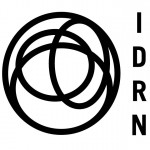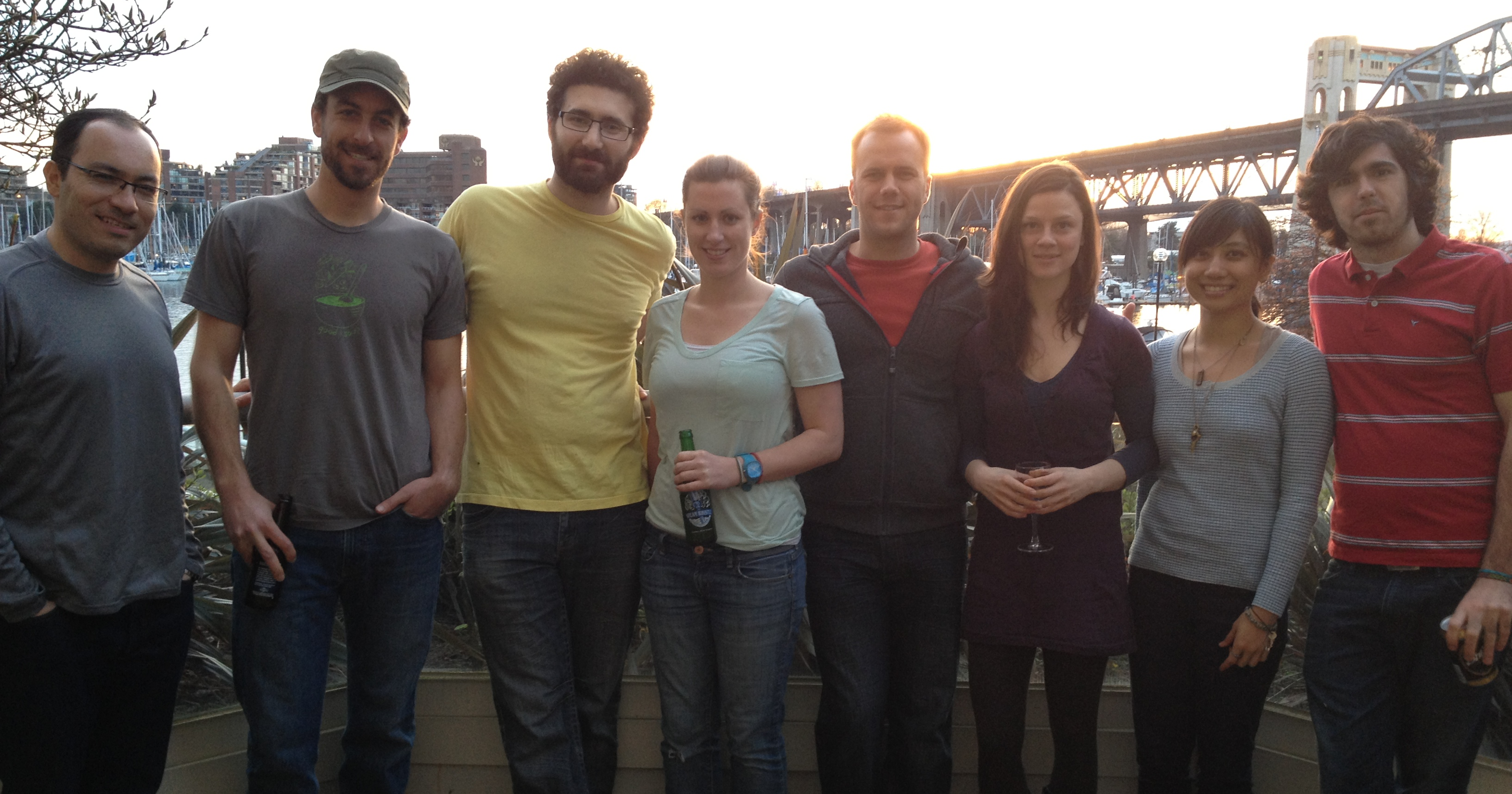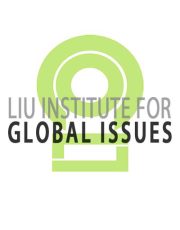Overview | Goals | Schedule | Activities | Student Participants | Researchers and Practitioners | Volunteers
Activities
Student Research Portfolio Reviews
Student participants come prepared with a brief “research portfolio” to present at the conference. This may include anything relevant to their current progress – a research proposal, a paper, a research idea/design. During this timeslot, participants will break out into groups of 6 to 8 students, with each group advised by an “expert panel”. Each student will have 10 minutes to present their research portfolio and 10 minutes of feedback from the panel and other students. Each expert panel will ideally include a professor, a practioner/expert and a dedicated student reviewer. The final composition of each panel will depend on the number of students attending the conference. Students will be assigned to portfolio groups based on their research topic.
Goals:
- Give students an opportunity to get feedback from a variety of sources
- Give students an opportunity to practice presenting and summarizing their research
- Give everyone an opportunity to become familiar with students’ research and network with others working in related areas
Theme Meals
At theme meals, student participants and expert panel members will be assigned to tables based on a common theme in their research – e.g. region of the world, methods, etc. Themes will be chosen so as to group people in ways they are unlikely to be grouped for other parts of the conference.
Goals:
- Give everyone an informal opportunity to meet and network with others working with similar tools, in the same region, etc.
Keynote Speaker and Social Activities
A speaker of broad interest to those in the development field will be invited to address the large group. This will be during a casual social event.
Goals:
- Give everyone an opportunity to learn from and meet a key person working in the field
- Give everyone an opportunity to mingle in an informal setting
- Give everyone an opportunity to continue conversations begun during the afternoon session
Themed Workshops
Student participants will break out into small groups based on their research interests. Expert panel members from the portfolio sessions will also be invited to participate in these groups. Themed workshops will happen over two sessions. In the first session, participants will brainstorm important research questions in their given field and key ideas that they feel need wider communication (e.g. a review paper aimed at academics, or media dissemination aimed at the general public). In the second session, groups will be asked to elaborate on these questions and ideas by creating collaborative paper abstracts and outlines for papers and communications pieces (e.g. op-eds) that address the research and communication needs generated in the first workshop session. Each workshop will have a separate student facilitator. Where possible, we will collaborate with groups on campus that focus on more specific themes (e.g. Global Health Group, Migration Network, etc.), to provide theme-appropriate workshop structure and facilitation. At the end of the second session, groups will reconvene and each group will be given the opportunity to deliver a 5 minute summary of their outputs.
Goals:
- Give students an opportunity to network with other students working on similar research problems
- Generate the seeds for future collaboration between students – it is hoped that people will continue to pursue together ideas generated during the workshops after the conference has ended, ultimately leading to new publications on development issues
- Generate collaboration opportunities for IDRN with other groups on campus
Professional Development Seminars
These will be topical seminars lead by the expert panelists from the Portfolio Review Sessions. Topics could include anything that might be relevant to the professional development of graduate students (e.g. grant-writing for international development research). Student participants will be able to participate in two seminars of their choice lasting about 45 minutes each.
Goals:
- Give students information that will improve their ability to contribute to international development research and practice
- Give students an opportunity to meet and network with academics and practitioners working in international development



